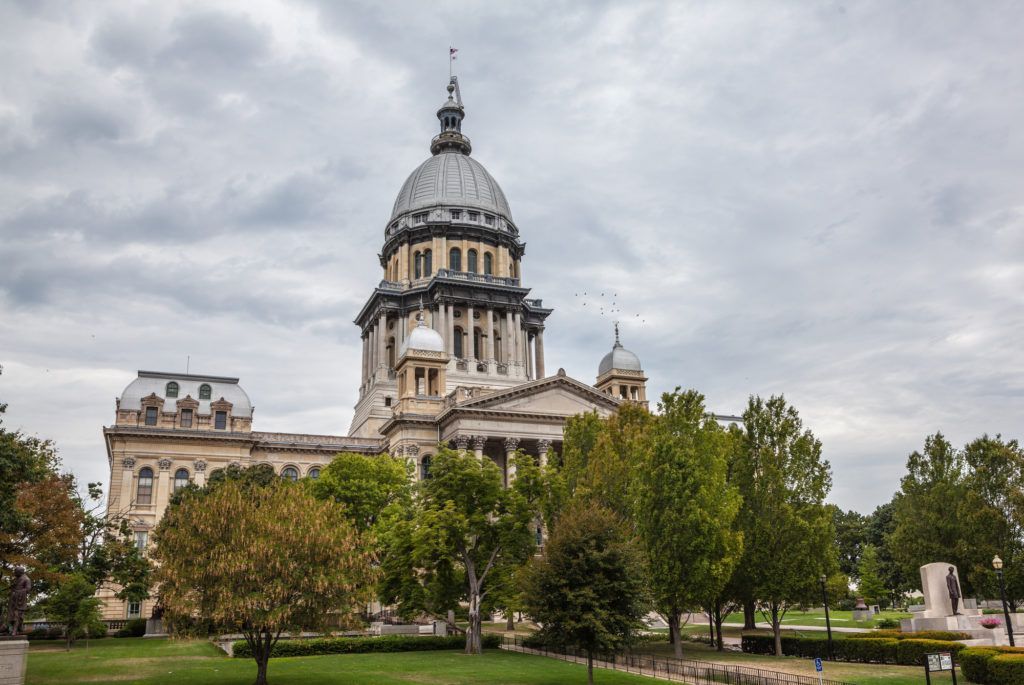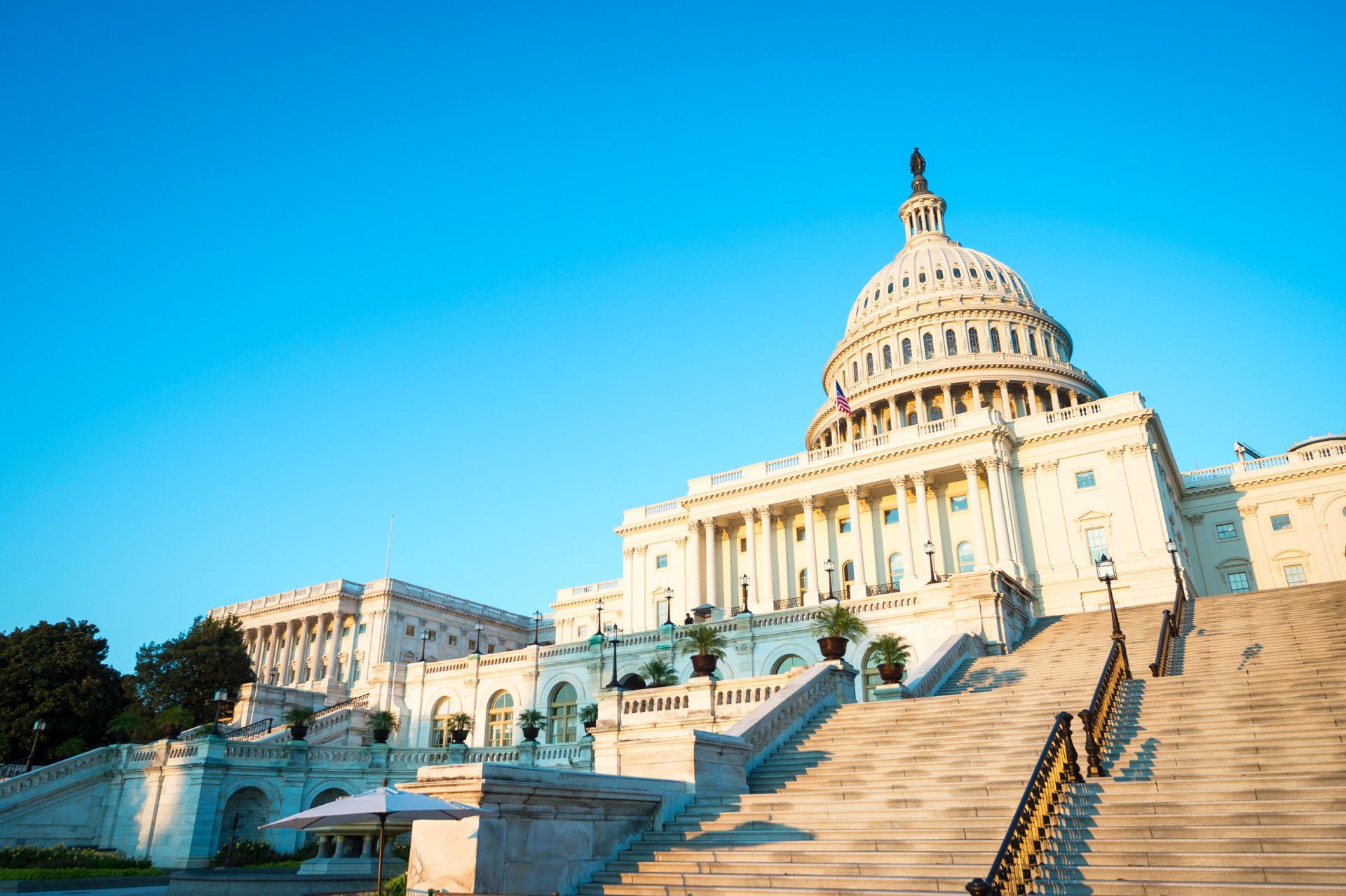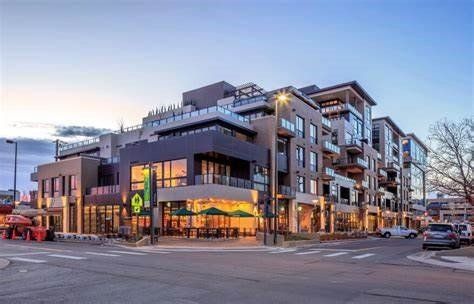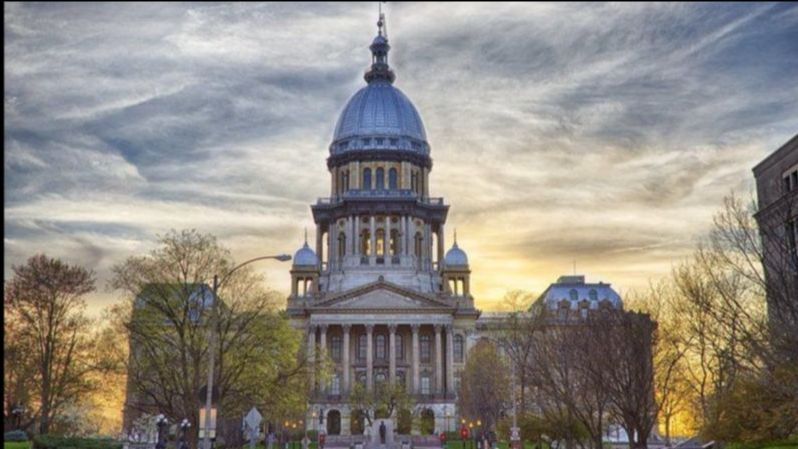
Recent Changes to Illinois Sales Tax Law and the Impact on Local Governments
A new Illinois sale tax law regarding out-of-state retail sales continues to level the playing field for brick-and-mortar stores in Illinois.
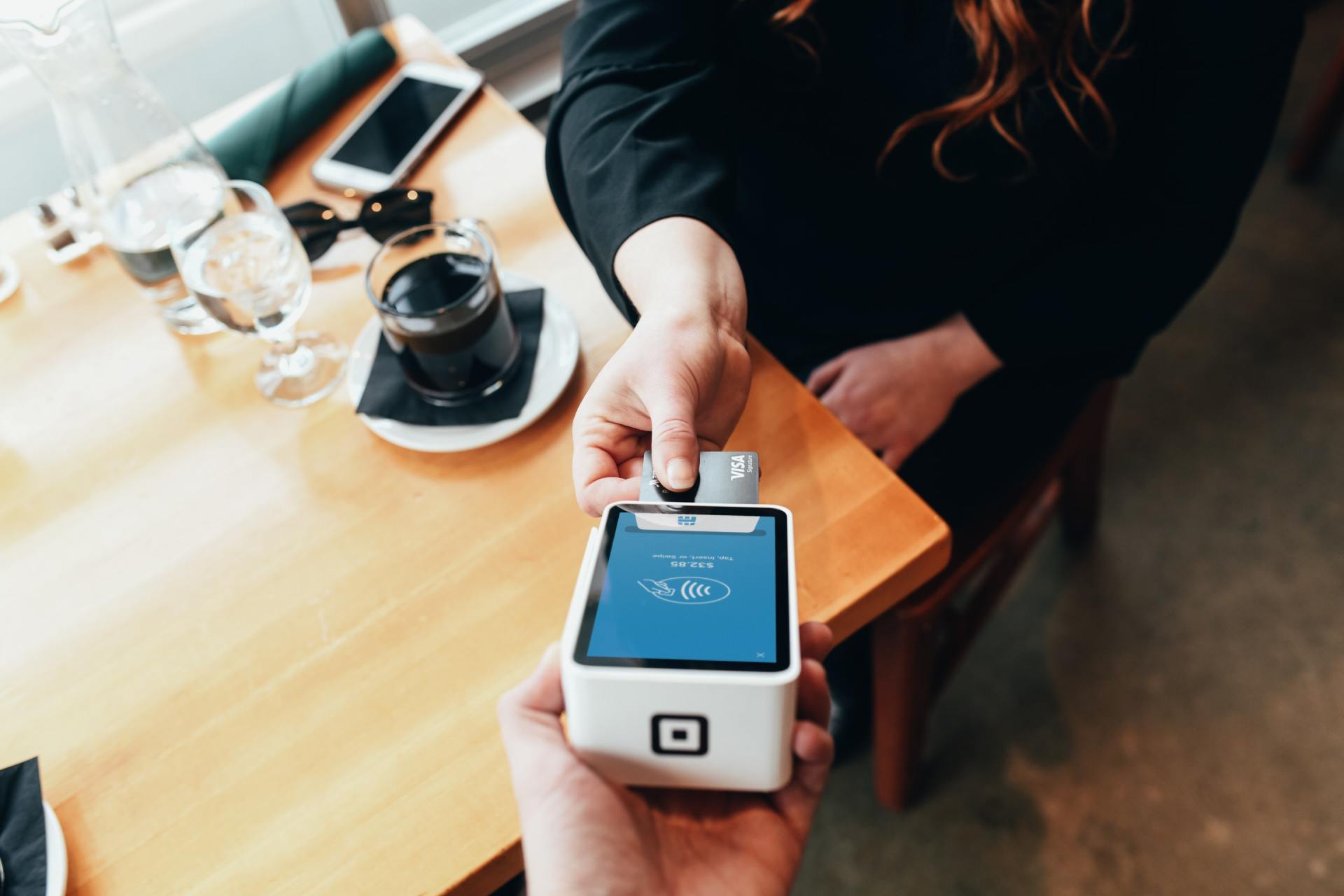
When a brick-and-mortar retailer in Illinois sells general merchandise, its tax rate consists of:
- the statewide general merchandise tax rate of 6.25% (of which 5% goes to the state, 0.25% goes to counties, and 1% is distributed to local governments based on population), plus
- any additional taxes on general merchandise that are imposed by a local government and collected by the Illinois Department of Revenue (“IDOR”).
However, for many years out-of-state realtors did not pay an Illinois tax, so it was up to Illinois residents to instead pay the tax directly to IDOR. This was due to federal law requiring a retailer to have a physical presence in a state for that state to require the retailer collect tax on purchases. For example, Illinois did not tax Amazon purchases until 2015 when Amazon built fulfillment warehouses in Illinois.
2018 Change in Federal and Illinois Law
In the 2018 case, South Dakota v. Wayfair , the US Supreme Court ruled that states may charge tax on purchases made from out-of-state retailers even if the seller does not have a physical presence in the taxing state. Nonetheless, the Court made it clear that a certain threshold of retailer contact with the taxing state must exist in order to charge the tax.
In light of the change in federal law, in October 2018 Illinois began taxing purchases made from out-of-state retailers that met the same contact threshold set by South Dakota ($100,000 sales or 200 transactions annually). However, this new Illinois law still put in-state retailers at a disadvantage compared to out-of-state ones for two reasons:
- Illinois’ new tax law suffered from low compliance by out-of-state retailers, and
- even when they did comply, out-of-state retailers still only had to pay the Illinois Use Tax (i.e., the statewide general merchandise tax rate of 6.25%), while in-state retailers must pay the Illinois Retailers’ Occupation Tax (i.e. 6.25% plus locally imposed taxes on purchases).
2019 Change in Illinois Law
On June 5, 2019, the governor signed the Leveling the Playing Field for Illinois Retail Act (“Act”) which seeks to improve the 2018 law by changing the type of tax collected and how the tax is collected. The Act is best understood by breaking it down to: 1) sales through a marketplace and 2) sales directly from out-of-state retailers.
1. Marketplace sales
Beginning January 1, 2020, marketplace facilitators (e.g., Etsy, eBay, Amazon marketplace, etc.) will be responsible for collecting and remitting taxes on behalf of the third-party retailers doing business on the marketplaces. (Currently, collecting and remitting are the responsibility of the third-party retailers, but IDOR does not have the resources to track down and audit the hundreds of thousands of individual merchants). The type of tax for sales by these out-of-state third-party retailers will continue to be Illinois Use Tax (i.e., the statewide general merchandise tax rate of 6.25%).
2. Sales directly from out-of-state retailers
Beginning July 1, 2020, out-of-state retailers that sell directly to customers in Illinois will be able have another entity (called a Certified Service Provider (“CSP”) e.g., Intuit or Turbo Tax) collect and remit sales taxes on their behalf rather than having to work directly with IDOR. This will make tax collection easier for both the retailer and IDOR. The CSP’s may keep a portion of the tax collected to incentivize them to sign up more retailers to comply. Additionally, instead of paying the Illinois Use Tax (6.25%), these out-of-state retailers will have to pay the Illinois Retailers’ Occupation Tax (6.25% plus locally imposed taxes on purchases) at the destination of the goods purchased.
Impact on Local Governments
This is a win for all local governments. Even if a local government does not have a Retailers’ Occupation Tax, the more retailers paying the statewide 6.25% tax rate will result in more money that will be distributed to each municipality. Based on revenues generated by states that have already enacted similar legislation, the Illinois Retail Merchants Association estimates that by the second year of full implementation, the changes could increase the 1% portion shared by all local governments by $74 million.

CONTACT US TODAY
Contact Us
We will get back to you as soon as possible.
Please try again later.
LOCATION
570 Lake Cook Road, Unit 119
Deerfield, IL 60015
Shapiro & Associates Law | All Rights Reserved |
Created by Olive + Ash.
Managed by Olive Street Design.

